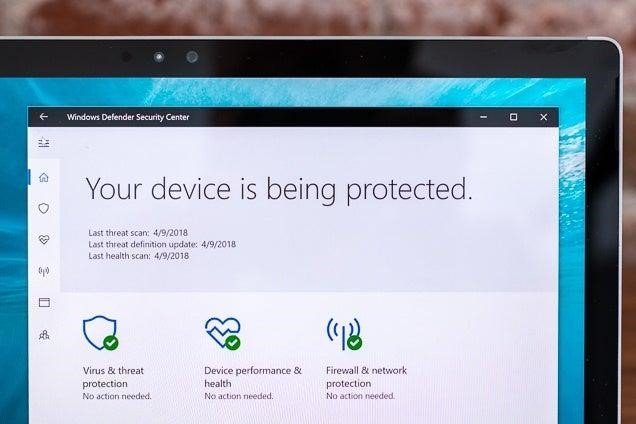Phishing is a type of cyber attack that involves tricking people into giving up sensitive information, such as passwords or credit card numbers. The attacker usually masquerades as a trusted entity, such as a bank or popular website, in order to lure victims into providing personal information. Phishing attacks can be difficult to spot, but there are some things you can look out for to protect yourself.
What is phishing?
Phishing is a type of online fraud that happens when someone tries to trick you into giving them personal information, like your passwords or credit card numbers. They might do this by sending you an email that looks like it’s from a trusted website, or by creating a fake website that looks real. Either way, their goal is to steal your information so they can use it to commit fraud.
You can protect yourself from phishing attacks by being aware of how they work and being cautious about the emails and websites you visit. If you think you might have been a victim of phishing, report it to the website or service where the attack happened and change your passwords right away.
How does phishing work?
Phishing is a type of online fraud that attempts to steal sensitive information such as login credentials or credit card numbers. It typically involves an email or website that looks legitimate but is actually a fake. The email may contain links to a malicious website that will infect your computer with malware if you click on it. Or, the email may ask you to enter personal information such as your login credentials or credit card number. Once the attacker has this information, they can use it to commit fraud or identity theft.
Phishing attacks are becoming more sophisticated and difficult to spot. They often target large organizations and can result in significant financial losses. It’s important to be aware of the signs of a phishing attack and know how to protect yourself from becoming a victim.
What are the consequences of a phishing attack?
A phishing attack can have a number of consequences for the victim. Firstly, if personal information is stolen then the victim may suffer from identity theft. This can lead to financial loss and a loss of reputation. Secondly, phishing attacks can install malware on the victim’s computer which can lead to a loss of data or even system damage. Finally, phishing attacks can be used to gain access to company or organizational networks, which can lead to a loss of confidential information or data breaches.
How to protect yourself from phishing attacks?
Phishing attacks are becoming increasingly common as scammers become more sophisticated in their methods. Here are some tips to protect yourself from becoming a victim of a phishing attack:
- Be suspicious of unsolicited emails, even if they appear to come from a trusted source. If you weren’t expecting an email from the sender, be wary of clicking on any links or attachments included in the message.
- Don’t enter your password or sensitive information into any website unless you’re absolutely sure it’s legitimate. Make sure the website’s URL starts with https:// and that there is a padlock icon next to it, indicating that the site is secure.
- If you receive an email or pop-up message that looks like it’s from your bank or another financial institution, do not respond to it. Instead, contact the institution directly to inquire about any unusual activity on your account.
- Keep your computer’s security software up to date, including your antivirus and firewall programs. This will help protect your system from malware that could be used in a phishing attack.
Conclusion
A phishing attack is a type of online scam where criminals send emails or messages posing as a legitimate company in order to trick people into giving them personal information or money. Phishing attacks are becoming increasingly common, so it’s important to be aware of how to spot them and protect yourself. If you receive an email or message that looks suspicious, do not respond to it and instead report it to the proper authorities. By being vigilant, we can all help protect ourselves from falling victim to these types of scams.











FIND US ON SOCIALS